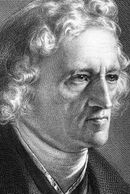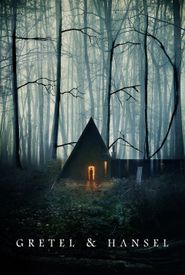Jacob Grimm was a renowned German folklorist, linguist, and philologist, best known for his work with his brother Wilhelm Grimm on collecting and compiling German folk tales, which would eventually become the beloved collection known as "Grimms' Fairy Tales".
Born in 1785 in Hanau, Landgraviate of Hesse-Kassel, Jacob's life was marked by significant challenges, including the death of his father at a young age, which significantly reduced the family's income and social status. However, he received financial support from a maternal aunt, who served as a lady-in-waiting to the Landgravine of Hesse.
Grimm's education began at public schools, and he later enrolled at the University of Marburg in 1802, initially studying law. However, his fascination with historical and antiquarian research was sparked by the lectures of historian Friedrich Carl von Savigny, who encouraged Grimm to study Middle High German texts from his personal library.
Grimm's career was marked by various positions, including working as a librarian, professor, and researcher. He was appointed as the second librarian at the Kassel library, where he worked closely with his brother Wilhelm. He later accepted a position as professor and librarian at the University of Göttingen, where he lectured on a range of subjects, including legal history, historical grammar, literary history, and diplomatics.
Grimm was also a key figure in the Göttingen Seven, a group of academics who protested against the abolition of the constitution of the Kingdom of Hanover. As a result, he was fired and exiled, but he eventually found employment as a professor at the University of Berlin, where he continued to work on literary projects.
Throughout his life, Grimm was driven by a passion for scholarship and a commitment to preserving and promoting Germanic culture. He is remembered for his significant contributions to the fields of linguistics, folklore, and literature, and his legacy continues to be felt to this day.
In his personal life, Grimm remained unmarried and had no known descendants. He passed away in September 1863, at the age of 78, leaving behind a lasting impact on the world of scholarship and a treasure trove of beloved fairy tales.




































